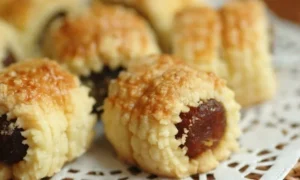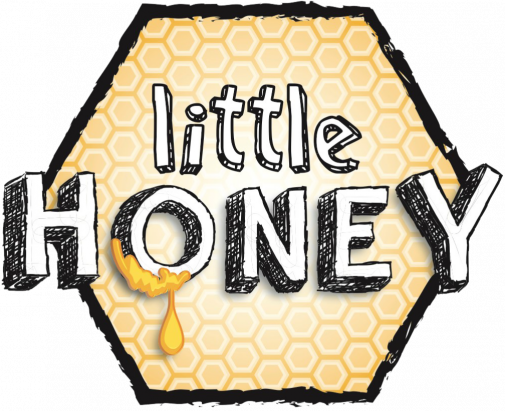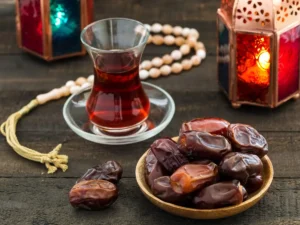
Sidr Honey Straws Specialist Singapore
Does Store-Bought Honey Expire Faster Than Raw Honey?
We all end up wondering at one point or another: Does honey expire? The answer is less obvious and so sweet than you might have wished. A look at Raw vs Store Honey, the shelf life difference is appalling. Whether Yemeni Sidr honey, organic honey Singapore, or local supermarket honey, knowing how and why honey expires can assist you in making better and economical decisions.
Table of Content
Raw vs Store Honey: What’s the Difference?
Shelf Life Comparison: Raw vs Store-Bought Honey
Understanding the Role of Processing
Best Practices to Preserve Honey Quality
Key Characteristics of Raw vs Store-Bought Honey
Shelf Life of Raw vs Store Honey
Raw vs Store Honey: What’s the Difference?
Raw Honey
- Minimally processed
- Unfiltered and unpasteurized
- Natural enzymes and antioxidants
Store-Bought Honey
- Often pasteurized
- May contain syrups or additives
- Often has a clearer appearance due to filtration
Raw honey, like Sidr Malaki honey or Singapore pure honey, is extracted directly from the hive, leaving behind its nutrients and antibacterial compounds. Store honey, however, is processed for clarity and evenness, a procedure that can eliminate most of its natural components.
Shelf Life Comparison: Raw vs Store-Bought Honey
When it comes to shelf life, Raw vs Store Honey shows a notable disparity.
| Type of Honey | Estimated Shelf Life |
Key Characteristics |
|
Raw Honey |
5+ years |
Unpasteurized, rich in nutrients |
| Store-Bought Honey | 1–2 years |
Processed, prone to crystallization |
Raw honey types such as Sidr Yemeni honey and Ajwa aliyah were infinitely stable and safe to eat for years, decades even!
Why Raw Honey Lasts Longer
The very high natural sweetner and low water levels of raw honey create an uninviting environment for bacteria. Below are the reasons that it lasts longer than processed honey:
- Enzymes such as glucose oxidase yield hydrogen peroxide
- Natural acidity suppresses microbial growth
- No additives provide chemical stability
- Lower processing preserves bioactive molecules
Even specialty types, such as acacia honey vs sidr honey or little Yemen honey, are said to exhibit greater shelf stability when they are stored raw.
Understanding the Role of Processing
How Store Honey Is Treated
Store honey purchased commercially will probably be processed with:
- High-heat pasteurization (destroys enzymes)
- Ultra-filtration (pols removed)
- Blending with syrups or sugar water
These habits, in bringing about appearance and uniformity, destroy the very cements that make honey long-lasting and healthy. Raw beats hands down when quality and shelf life are concerned in Raw vs Store Honey.
Best Practices to Preserve Honey Quality
To keep your honey raw or store honey fresh for a longer duration of time, keep the following practices in mind:
- Store in tightly covered containers
- Avoid direct sunlight
- Don’t refrigerate
- Use dry spoons to prevent moisture introduction
Key Characteristics of Raw vs Store-Bought Honey
|
Feature |
Raw Honey |
Store-Bought Honey |
| Enzyme Presence | High |
Low |
|
Antibacterial Strength |
Strong |
Moderate |
| Common Varieties | Sidr honey, Yemeni honey |
Blended or unknown sources |
|
Best For |
Skin care, immunity, gut health |
Sweetener for tea and cooking |
Shelf Life of Raw vs Store Honey
The following is a graphical illustration of shelf life:
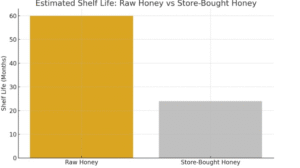
This bar graph shows raw honey—namely types such as Sidr honey, Singapore, or Yemeni Sidr honey—is more resilient over the years than shop types.
Conclusion
Raw honey takes the lead while comparing Raw vs Store Honey on purity, shelf life, and health. Whether you are in need of high-quality sidr honey benefits or little yemen honey or even honey sticks heritage, raw ones are healthier and perfect for your kitchen.
Call to Action
Ready to taste the difference? Select Yemeni Sidr honey or organic honey from Singapore from a reliable source and savor honey as nature’s intended. From honey straws for convenience on-the-go to jars of golden goodness, make your next choice matter.
FAQs
1. Does honey really ever expire?
Raw honey never spoils if it is properly stored. Honey bought in a shop spoils sooner because it contains water and has been processed.
2. Why does honey crystallize?
It is a natural occurrence, especially with raw honey. It doesn’t mean that it spoils—the crystallization can be dissipated using heat.
3. Is sidr honey better than acacia?
When antibacterial performance and longevity are on the line, individuals naturally opt for sidr honey. But taste and usage dependent is acacia vs sidr honey.
4. Can I use honey on my skin?
Yes, you can! Sidr honey applications on skin are moisturizing, acne control, and antibacterial.
5. Where do I get good honey in Singapore?
Look for pure honey Singapore, honey sticks Singapore, or credible distributors with organic honey Singapore for quality inspection.
Meet the Expert
By Taher Topiwala , Founder Little Honey Straw
Taher Topiwala has more than 8 years of honey wellness background and has looked coast to coast within Yemen and Singapore for the finest types of honey, like sidr honey, ajwa aliyah, and a lot more. She is a firm believer in natural healing, sustainability, and empowering people to embrace holistic well-being.
If you’d like help choosing the right Yemeni sidr honey, exploring organic honey in Singapore, or need recommendations for honey sticks and sidr tea, don’t hesitate to reach out.
Contact Taher Topiwala or explore the full range at Little Honey today.
Share this post :
Categories
Latest Post

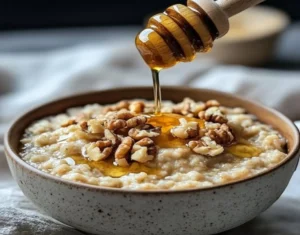
Boost Your Overnight Oats with Ajwa & Sidr Honey
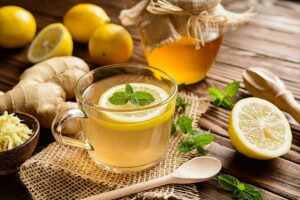
Boost Your Health Naturally: Honey Superfoods for Immunity
